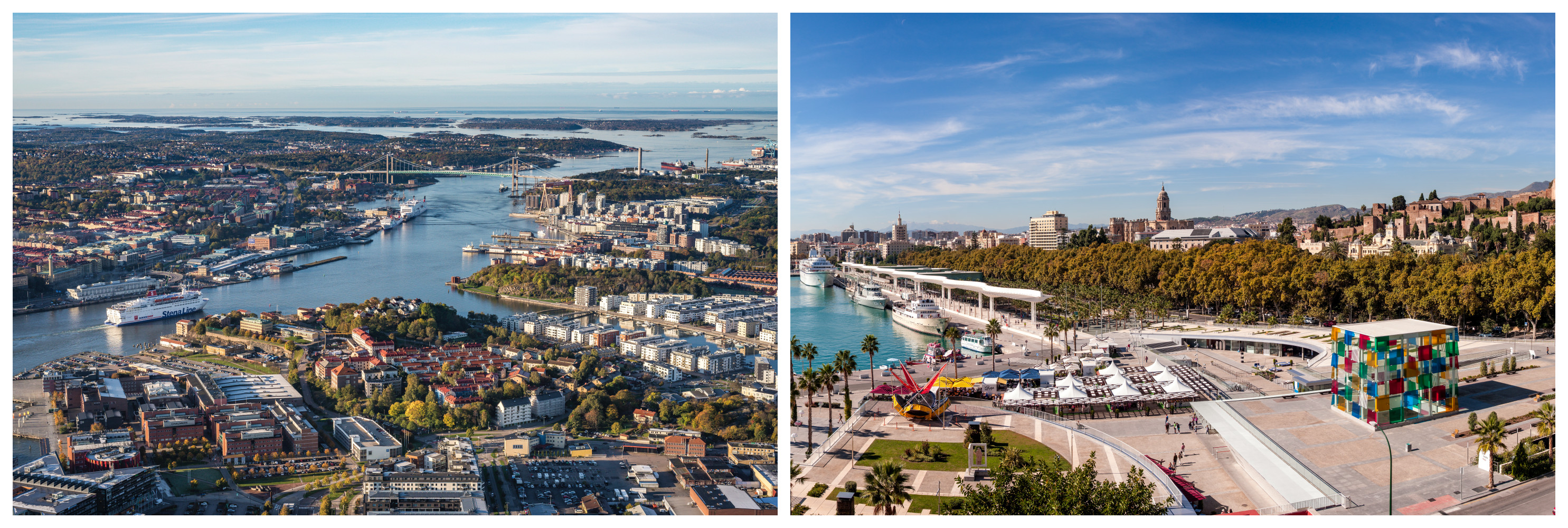Why Málaga and Gothenburg are the 2020 European Capitals Of Smart Tourism
Málaga (Spain) and Gothenburg (Sweden) were jointly awarded the title of European Capitals of Smart Tourism for 2020 – an award that recognizes outstanding achievements in smart tourism planning.
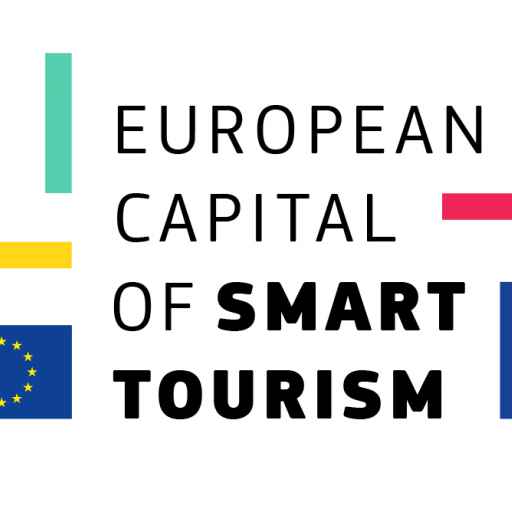 The European Capital of Smart Tourism is an initiative of the European Union, which aims to raise awareness about smart tourism tools, measures, and projects implemented in cities across four categories: Sustainability, Accessibility, Digitalisation, and Cultural Heritage and Creativity.
The European Capital of Smart Tourism is an initiative of the European Union, which aims to raise awareness about smart tourism tools, measures, and projects implemented in cities across four categories: Sustainability, Accessibility, Digitalisation, and Cultural Heritage and Creativity.
The two winning cities, Gothenburg and Málaga, showed exemplary achievements throughout all four categories of the initiative. They were recognized for their capacity to act as a role model for other smart tourism destinations.
Read on to learn about eight smart tourism practices from Gothenburg and Málaga that earned them the 2020 titles.
1. Explore Málaga by Bike
A great way to discover the city – and contribute to a greener and more sustainable destination at the same time, is discovering Málaga by bicycle.
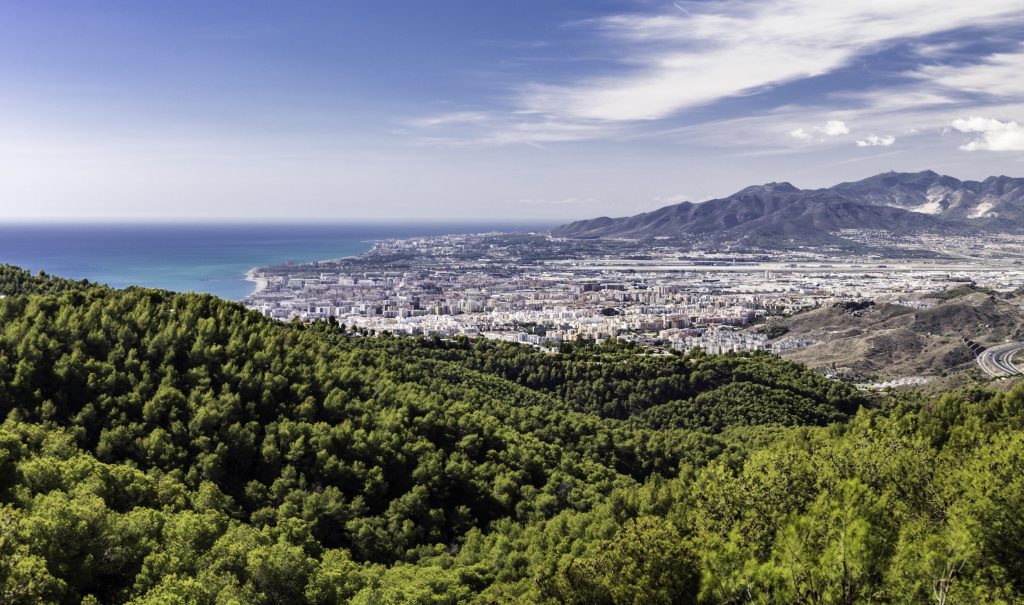
Via its large network of cycling lanes and a public bike hire service with 23 rental stations, visitors can discover the city’s coastline on two wheels.
2. Accessible Málaga
Málaga has put a special focus on accessibility – here are three examples of local initiatives:
- Nearly all public buses in Málaga have a dual-ramp, and each has voice and double-screen systems.
- Visitors with visual impairments can download the EMT App, which offers tickets, travel information and special needs assistance, and enables them to request a stop by saying their destination out loud.
- Málaga has eight fully accessible beaches, all of which offer reserved parking, access ramps, concrete walkways, amphibious chairs, accessible changing rooms, seating areas and support assistants on hand to provide help with swimming in the sea.
3. Discover Málaga’s Cultural Heritage
Previously seen largely as a “sun, sea and sand” destination, Málaga has heavily invested in cultural attractions in the past years.

In only two decades, the city has gone from having just four to a whopping 40 museum spaces and has cooperated with local businesses to provide innovative itineraries for visitors, including the Picasso Trail, which introduces visitors to the city’s most famous son – Pablo Picasso.
4. Experience the White Night Festival in Málaga
La Noche en Blanco (The White Night Festival) is a great example on how to encourage local participation in cultural activities and thereby safeguard the authenticity and long-term sustainability of cultural platforms.
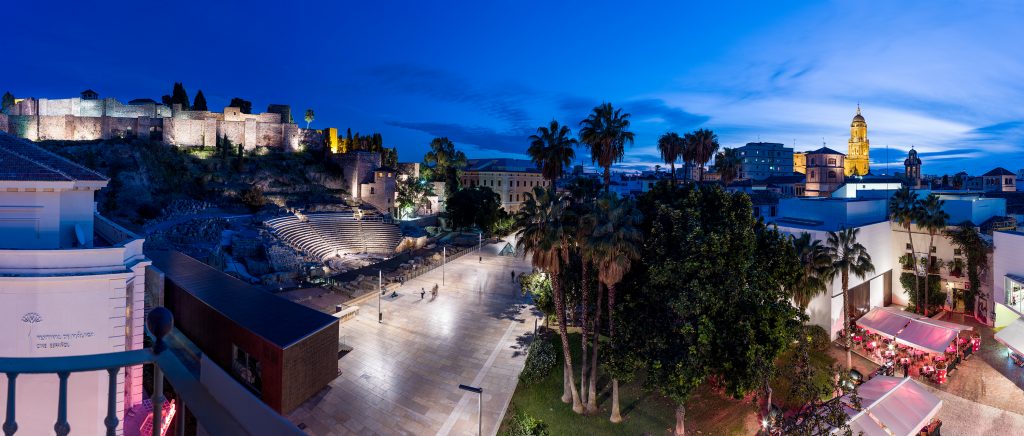
Taking place annually in May, The White Night Festival offers 350 activities across 112 different spaces, organised by local communities. Examples of the offering at this free-to-attend event include concerts, guided museum visits and special exhibits.
5. Green Gothenburg
95% of all hotel rooms in Gothenburg are environmentally certified, which makes it one of the world’s greenest hotel cities in the world. This achievement has been measured by specific parameters to limit the hotel’s amount of waste, focusing on the use of chemical products. Moreover, Gothenburg’s hotel staff receives regular training in key environmental areas.
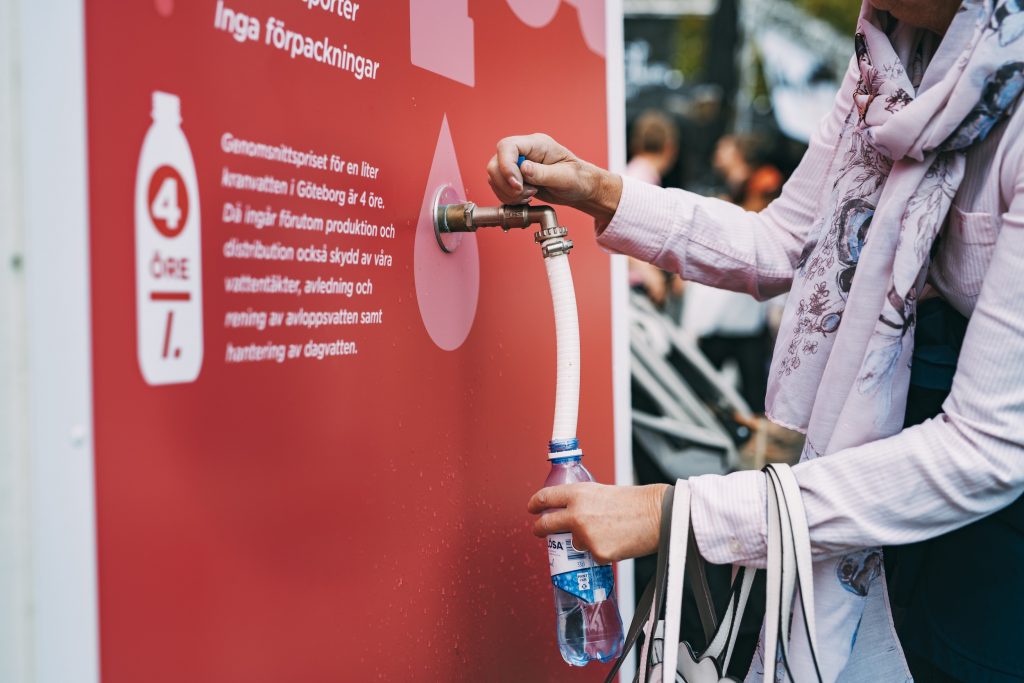
Another green goal, part of the Gothenburg Culture Festival, is to eliminate all disposable packaging from events by 2021. The Festival will give food discounts to visitors bringing their own lunch boxes or reusable glasses.
6. Accessibility for Everyone
The city of Gothenburg introduced an Accessibility App for various sports events, concerts and family entertainment, to help people in need through sign interpretation or hearing loops for sound amplification.
As another example, The Museum of Gothenburg hired people with various disabilities to analyze the museum’s exhibitions and create manuals, reports and educational materials that point out accessible solutions that worked for everyone. Read more about the project Funktek.
7. Visit Gothenburg with a Local
The West Sweden Tourism Board introduced ‘Meet the Locals’ – a platform that connects visitors with locals to personalise the visitors’ experience.
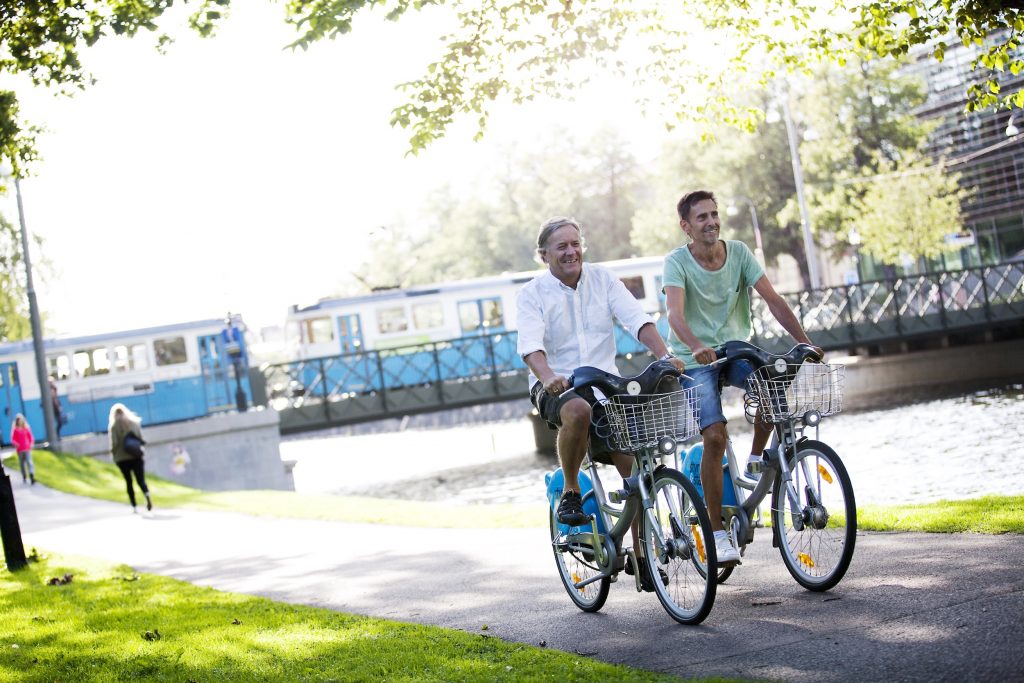
This can be by a tour of the local sights, sharing cars, or staying at a local’s house to experience what a home in Gothenburg can look like.
8. Gothenburg celebrates 400 years
The city of Gothenburg has decided to invest and use the anniversary to create an even better city. Much of the work has already begun. It is rooted in openness and dialogue with residents.
The archipelago was made more accessible through new ferry routes, benefitting small businesses and cafes on the islands, but also helping to avoid over-tourism in Gothenburg. A new centenary park was established in the city centre near the water, including a public swimming area, a sauna, sailing school, roller derby rink and urban growing plots.
Liseberg Amusement Park are also planning a new water park.
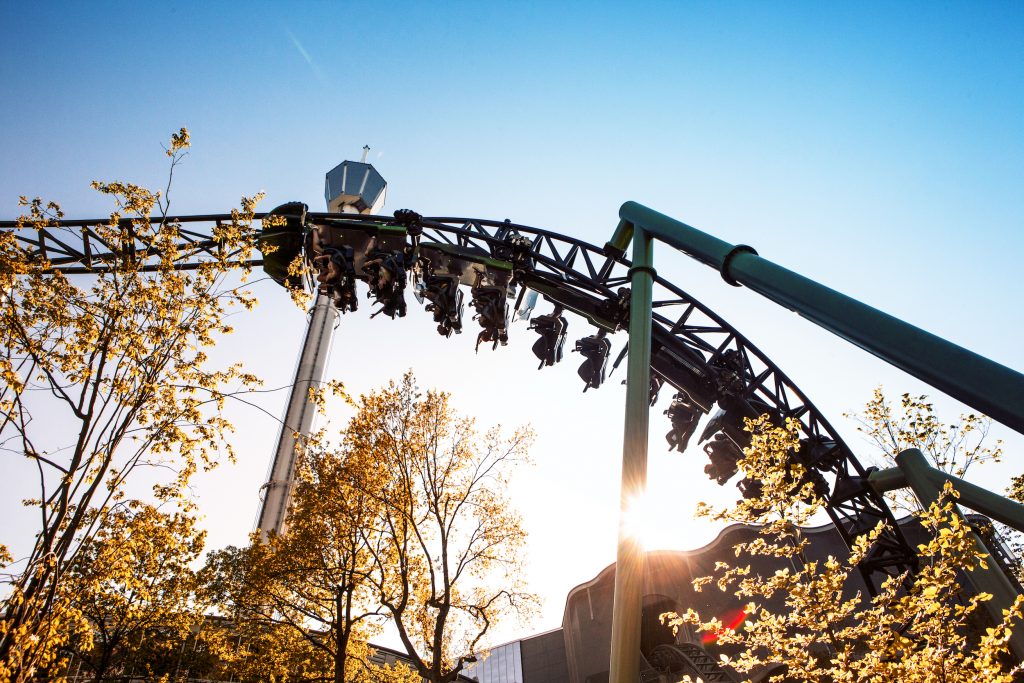
More about the competition
The 2020 competition gained submissions from 35 cities in 17 EU member countries. 10 shortlisted cities were invited to present their candidatures in front of the European Jury in Helsinki in October.
Four cities received 2020 European Smart Tourism Awards for their achievements in each category:
- Breda (The Netherlands) in Accessibility
- Gothenburg (Sweden) in Sustainability
- Ljubljana (Slovenia) in Digitalisation
- Karlsruhe (Germany) in Cultural Heritage and Creativity
Find out more about the two 2020 European Capitals of Smart Tourism here:
- Gothenburg: https://smarttourismcapital.eu/city/gothenburg/
- Málaga: https://smarttourismcapital.eu/city/malaga-2020/
👉 A selection of the most innovative projects, ideas and initiatives, submitted by cities competing for the 2019 and 2020 European Capital of Smart Tourism, can be found in the updated Compendium of Best Practices, the go-to guide to smart tourism in the EU.
Learn about The European Capital of Smart Tourism initiative on Travel Massive.
👋 This article is archived. Take a look at our new website.
